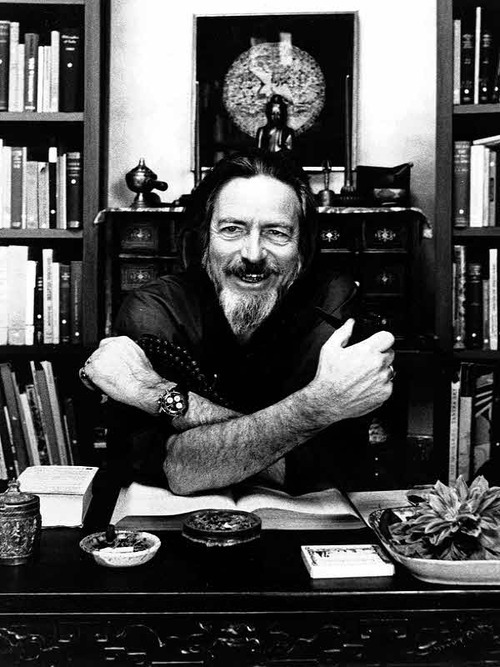Taking just the right amount of food, as the Buddha discovered, is essential to practicing the middle way of Buddhism.
—John Kain, “Eating Just the Right Amount”
—John Kain, “Eating Just the Right Amount”
A personal blog by a graying (mostly Anglo with light African-American roots) gay left leaning liberal progressive married college-educated Buddhist Baha'i BBC/NPR-listening Professor Emeritus now following the Dharma in Minas Gerais, Brasil.
